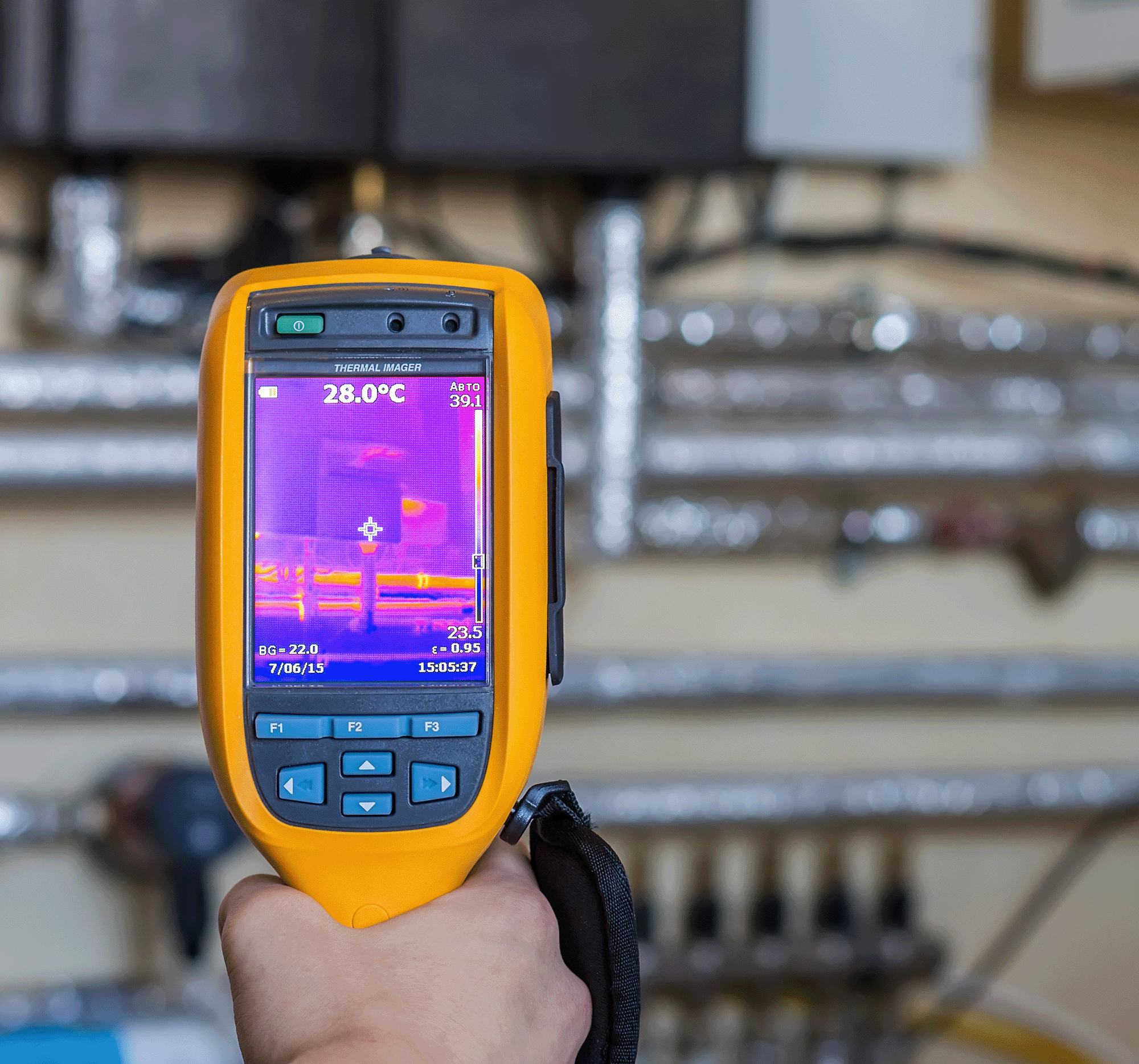The Value and Anatomy of a Commercial Inspection
April 5th 2022
A commercial inspection, also called a commercial building inspection or known as a property condition assessment, may be done for lenders, real estate investors, or insurance company underwriters. This inspection is needed in order to understand the condition of a particular property. This should include a property condition report detailing each building system and describing any significant defects or condition concerns found. This report should include:
- Signs of improper maintenance or any worn systems
- Equipment getting close to the end of its useful life
- Building code violations
- Inadequate design
- Poor workmanship
This report should also detail any immediate repairs required, repairs suspected to be required in the near future, and any deferred maintenance issues.
Typical Scope of a Commercial Inspection
Whether you’re a commercial real estate investor or an insurance company underwriter considering an insurance policy for a potential client, you want a commercial inspection to thoroughly report the condition of the property being inspected both inside and out. Visual inspection should include:
- Building structure and foundation
- Pavement systems
- Site grading and drainage
- Landscaping and irrigation
- Roof condition and expected remaining useful life
- HVAC systems
- Plumbing system, piping, and fixtures
- Electrical system, including wiring and panels
- Elevators and other conveyance systems
- ADA compliance
Safety and Compliance
In addition to commercial inspections conducted at the request of real estate lenders, investors, or insurance underwriters, they’re frequently undertaken internally to measure safety and compliance with federal, state, and local regulations.
The Occupational Safety and Health Administration (OSHA), established by the United States Congress in 1970, is tasked with ensuring healthful and safe working conditions for workers in the U.S. by setting standards for private businesses and enforcing compliance with those standards. A major part of enforcing compliance is to complete commercial inspections of businesses, announced or unannounced. Other reasons for OSHA coming into a business for an inspection include:
- Helping to identify any existing or potential hazards that could pose risks to building occupants or visitors.
- Revealing what corrective actions are needed to remedy compliance issues found in an earlier inspection. This may include an adjustment of company policies and getting feedback from employees regarding any safety concerns they may have. The object is to help the organization gain insight into how daily operations can be adjusted to further promote safety in the workplace.
- A follow-up inspection to verify that identified risks have been effectively mitigated by the business maintenance team.
Residential Versus Commercial Inspections
There’s a considerable difference between home and commercial property inspections. While some inspectors specialize in either one or the other, others have the needed expertise and resources to specialize in both. Many start out as home inspectors and then, once they know the lay of the land, branch out into the commercial end of the industry. Real estate consumers should know the difference between the two types of inspectors so, if they’re looking into a commercial property, they’re able to get the correct type of inspector to do the job.
A home inspector can typically handle a residential inspection solo, with no real need to bring in a specialized sub-inspector to complete a job. Most homes are basically similar in many respects and a qualified home inspector is able to deal with most things he or she faces during a typical inspection.
Commercial properties, on the other hand, may come in a wide variety of different types and it would be unreasonable to expect an inspector to know the details of every single type. That’s why calling in sub-inspectors specializing in specific areas may be needed to complete a particular job. Here’s a good example: a commercial inspector may have experience inspecting elevators after doing so numerous times, but without an elevator inspector’s license is not legally allowed to open up the elevator shaft to inspect underneath the car. Other sub-inspectors that may be required on a particular job may include:
- A structural engineer
- An energy auditor
- A commercial kitchen specialist
- An ADA inspector
- An HVAC specialist
- Someone specializing in the use and storage of various hazardous materials
Cost Comparison
As would be expected, the cost of a commercial property inspection is typically much greater than a home inspection due to the value, complexity, and time requirements needed to inspect the former. It would make sense to assume that the commercial inspector earns significantly more than the home inspector but this isn’t necessarily true. Because home inspections are normally simpler and quicker for an inspector to complete, they’re often able to do multiple home inspection jobs it takes a commercial inspector the same amount of time it takes to complete a single inspection.
When hiring a property inspector, be sure to get what you need for the job. Companies such as Davies have been trusted inspection providers decades and are able to do the type of inspection you require.
